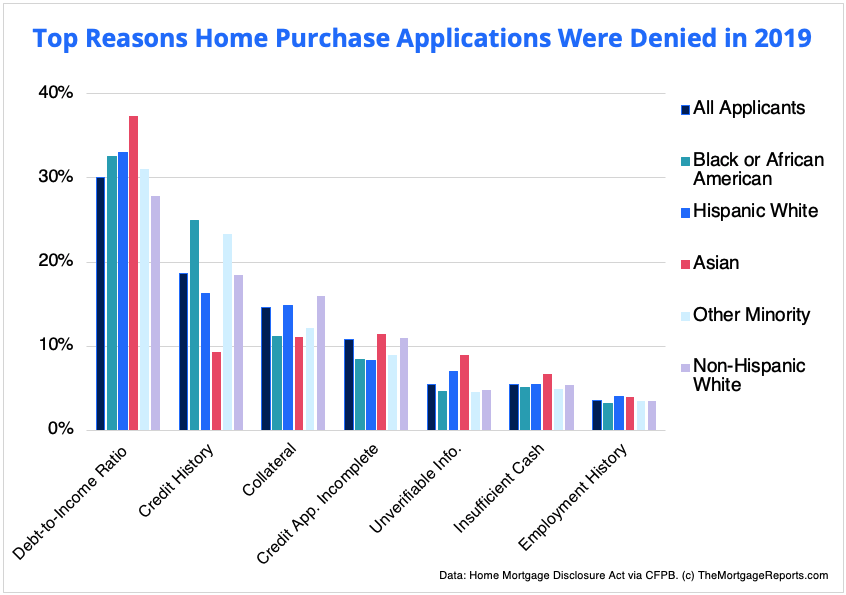A Mortgage Cash Flow Obligation (MCFO) is a kind of home mortgage pass-through unsecured general commitment bond that has numerous classes or tranches. MCFOs utilize money flow from a swimming pool of mortgages that create revenue to repay investors their principal plus interest. Payments are received from home mortgages in the pool and passed on to holders of the MCFO security.
MCFOs do not hold a lien on the home loans held by the security. They are merely bound by contract to utilize the earnings from the home loans to pay their financiers. MCFO owners have no legal rights to the real hidden home loans, hence MCFOs are riskier than CMOs. Like CMOs, MCFOs are a kind of mortgage-backed security developed through the securitization of private property home mortgages that draw interest and principal payments from that specific pool of home loans.
Like CMOs, MCFOs bundle mortgages into groups with different payment attributes and run the risk of profiles called tranches. The tranches are paid back with home mortgage principal and interest payments in a specified order, with the highest rated tranches including credit improvement, which is a kind of defense against prepayment danger and payment default.
The mentioned maturities of MCFO tranches are figured out based on the date when the last principal from a pool of home mortgages is anticipated to be paid off. But maturity dates for these types of MBS do not take into consideration prepayments of the underlying home loan and therefore may not be an accurate representation of MBS threats.
CMOs, MCFOs and other non-agency mortgage-backed securities those mortgage bonds not backed by the government-sponsored enterprises Fannie Mae, Freddie Mac or Ginnie Mae - were at the center of the financial crisis that caused the insolvency of Lehman Brothers in 2008 and led to trillions of dollars in losses on Learn more here mortgage and millions of homeowners losing their homes to default.
In December 2016, the SEC and FINRA announced new rules to dampen MBS threat with margin requirements for CMO and related MBS transactions.
The Best Guide To What Kind Of People Default On Mortgages
A home mortgage swimming pool is a group of mortgages held in trust as collateral for the issuance of a mortgage-backed security. Some mortgage-backed securities released by Fannie Mae, Freddie Mac, and Ginnie Mae are referred to as "pools" themselves. These are the simplest kind of mortgage-backed security. They are also called "pass-throughs" and sell the to-be-announced (TBA) forward market.


Mortgage pools, which are groups of mortgages, tend to have comparable characteristics, such as issuance date, maturity date, etc. While mortgage-backed securities are backed by home mortgage security with comparable attributes, collateralized debt responsibilities are backed by security with varying attributes. An essential advantage of home mortgage swimming pools is that they offer financiers with diversity.
Home mortgage pools are consisted of home loans that tend to have comparable characteristicsfor instance, they will generally have near the very same maturity date and rate of interest. As soon as a loan provider completes a home loan deal, it typically offers the home mortgage to another entity, such as Fannie Mae or Freddie Mac. Those entities then package the mortgages together into a home mortgage swimming pool and the home mortgage pool then serves as collateral for a mortgage-backed security.
A CDO is a structured financial item that swimming pools together cash flow-generating properties and repackages this asset swimming pool into discrete tranches that can be sold to financiers. A collateralized debt obligation is named for the pooled assetssuch as mortgages, bonds and loansthat are essentially debt responsibilities that work as collateral for the CDO.
Home loan pool funds benefit financiers seeking realty exposure due to the fact that they are a low-risk financial investment that moves independently of a stock and bonds and offer a predictable regular monthly income. Home loan pool fund loans are protected by realty and are described as hard money because unlike a lot of bank loans (which depend on the creditworthiness of the borrower), hard cash loans think about the value of the underlying residential or commercial property.
Because of their much shorter terms, tough money loans are less prone to being affected by rates of interest swings, which indicates it is a more foreseeable and reputable cash flow. Like discussed above, home loan swimming pool funds differ, where some concentrate on particular residential or commercial property types, while some are more basic. These distinction can affect threat and return, so it is necessary to investigate the various home loan swimming pools before diving in.
Indicators on How Did Mortgages Cause The Economic Crisis You Should Know
There's absolutely nothing better than stepping out your back door on a hot summertime day and leaping in your own pool. But take care when looking to buy or re-finance a home with a swimming pool. That swimming pool can cause delays in the home loan process, or drown your loan application entirely.
Stubrud dealt with a customer who desired a reverse mortgage, however had an empty, aging swimming pool on the home. Reverse home loans follow FHA standards, which are specific about swimming pools. "They don't desire it to be a health hazard or a safety danger that there's a big open hole in the ground." So what did the customer do? "How they handled it was that they filled it in," says Stubrud.
The pool disappeared. There were no other alternatives for this aging property owner who didn't have the cash to get the pool in working order. However Stubrud says the client did bring up an alternative idea. "They really desired to keep it and they were going have this below ground greenhouse.
Lots of property owners think that what's on your residential or commercial property is your business. While that's partly true, you welcome examination to almost every inch of a house when you choose to fund it with the lending institution's money. It holds true for FHA loans in addition to any other loan type. It boils down to safety.
A swimming pool that is a falling threat or is a breeding ground for germs is new timeshare laws 2022 a hazard to the health of the occupants. Not to discuss it opens the house owner approximately suits (what is the interest rate today on mortgages). The same requirements would use to things like a missing out on stairs outside the back door, missing hand rails, or exposed lead-based paint.
Fixing the swimming pool to get it into working order will allow the loan process to continue. When buying a house, this could be a challenging circumstance. It's risky to utilize your own funds to make repair work on a home that's not yours yet especially pool repair work which can vary from a few hundred to a couple of thousand dollars - what is the best rate for mortgages.
Excitement About What Are The Percentages Next To Mortgages
There might be another way to make repair work, nevertheless. "The customer will need to obtain a quote for the required repairs," says Sarah Bohan, VP of Corporate Relations at MSU Federal Cooperative Credit Union. "If the repairs are arranged to happen after the closing, the lending institution will generally ask for to hold 1.
You receive back any cash left over after whatever's done. However do not rely on this service, states Bohan. "Numerous loan providers are unable to permit for repair work after the mortgage closes because they offer their loans on the secondary market and need to deliver the loan within a set timeframe." Ensure your lender enables for repairs after closing prior to you agree to purchase a home with a decrepit swimming pool.